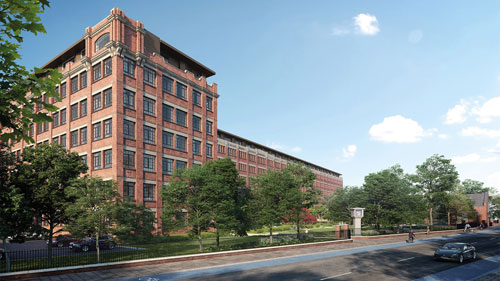Modular manufacture of new homes has a track record of delivering big savings. Big savings on time alongside big cost efficiencies. This also extends to carbon reduction.

John Duckworth, Director of Commercial Sales, Deceuninck
A recent study by the University of Cambridge and Edinburgh Napier University found factory-produced homes can lower the carbon footprint of new homes by as much as 45% compared to traditional methods of residential construction. The study last year of two modular housing schemes in London totalling more than 900 homes, saved a combined 28,000 tonnes of carbon.
“The modular housing sector is making some very exciting inroads into reducing its carbon footprint, with lower energy usage and more efficient manufacture, reducing input costs – but also lessening environmental impact”, says John Duckworth, Director of Commercial Sales, Deceuninck.
“As suppliers of energy efficient windows and doors into the modular sector, we’re conscious of the part we have to play in lowering the carbon embodied in new homes and have made a pledge to significantly reduce it.” Deceuninck committed to ambitious targets to reduce greenhouse emissions through the corporate carbon reduction scheme, Science Based Targets (SBTi) in 2022.
This includes a commitment to cut the CO2 emissions from its own operations (Scope 1&2) by 60% by 2030 from a 2021 baseline. Allowing for future growth in real terms this means reducing CO2 per tonne of product produced by 75%. This goes significantly beyond the SBTi minimum target of 42%. It has also committed to cut emissions from within its supply chain (Scope 3 emissions) by 48% per tonne by 2030, as part of its wider journey to net-zero greenhouse gas emissions by 2050.
“We see it as an opportunity for our customers across sectors”, continues John. “As we lower our scope 1 and two emissions, by default, we lower the scope 3 emissions of our customers, contributing to an overall lowering of the carbon footprint of new build schemes.”
Embodied carbon, which is emitted by the production and transport of materials during a scheme’s construction, currently accounts for around 11% of global emissions.
In the UK, emissions from embodied carbon are between 40 and 50 million tonnes. Emissions are lower in modular builds because of efficiency gains in manufacture but also fewer transport movements to and from site. As part of its strategy Deceuninck has invested more than €15million in one of the world’s most advanced recycling and compounding facilities to create the capacity to reprocess up to 45,000 tonnes of post-consumer and post-manufacturing PVC-U per year. In real terms this gives it the capacity to prevent more than three million windows from going to landfill annually.
“The window and door industry is committed to rising to the challenge. Deceuninck developing low carbon manufacturing technologies and a new generation of products which deliver big through-life energy efficiency gains”, John explains.
“We’re designing and developing windows and doors which deliver an enhanced level of performance through-life, but which are easier to recycle and use lower energy to do so, at end of life.” With Future Homes looming large on the horizon in 2025, the through life performance of windows and doors, is under the microscope, with fundamental changes to window design inevitable. According to the National Housing Federation the UK’s 29million homes produce 58.5million tonnes of CO2 every year. That’s more than the CO2 produced annually by all car journeys. It also makes up round 14% of the UK’s emissions and with a commitment to cut total UK emissions by 80% relative to 1990 levels by 2050 under the Climate Change Act (2008), that’s a big problem for Government. As a key element of the building envelope and a potential major source of CO2 (according to Government figures, 18% of heat loss occurs through windows), windows and doors are a key element of the building fabric. “This was recognized in the changes to Part L that we saw last year which introduced a new requirement of 1.2W/m2 K for new build windows and doors; and 1.4W/m2 K for replacement windows and doors.
“It was, however, in fact just the start of what will be a series of performance changes for windows and doors in the coming two-to three years, with consultation on future changes to Part L, and under the Future Homes Strategy, imminent”, continues John.
“This could see u-values for new build reduced to as low as 0.8W/m2 K, or more likely 0.9W/m2 K. Even at the latter, the modular housing sector and its supply chains, are going to have to re-think window and door specification because products as they sit today, aren’t going to deliver required performance.”
Deceuninck’s new energy efficient fiberglass composite window system has been developed as a future-proof window system with u-values as low as 0.8W/m2K. It’s defined by contemporary minimalist features, creating a strong architectural aesthetic which replicates aluminium in an advanced, low maintenance and energy efficient, composite system. John continues:
“Elegant, our award winning, new ultra-energy-efficient window and door offer sits within our wider sustainability strategy. “It’s a next generation window system which has been designed to deliver exceptional through life performance, while it’s also easier and use less energy to recycle at end-of-life”, he explains. “Factory-built homes have been proven to lower carbon-footprint. “Partnerships with building products suppliers who are pursing innovative programmes to do the same within their businesses, can support the modular sector in delivering even bigger savings by lowering embodied carbon in manufacture and delivering better performance, through life.”
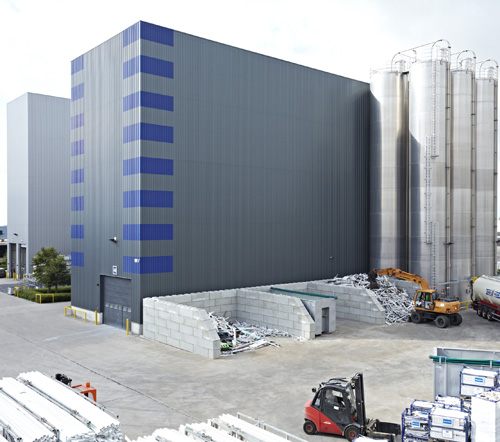
For more information about Deceuninck’s product and service offer please
call 01249 816 969
email deceuninck.ltd@deceuninck.com
OR CLICK HERE TO VISIT THE WEBSITE


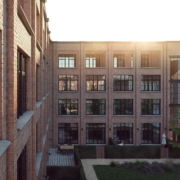
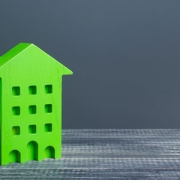
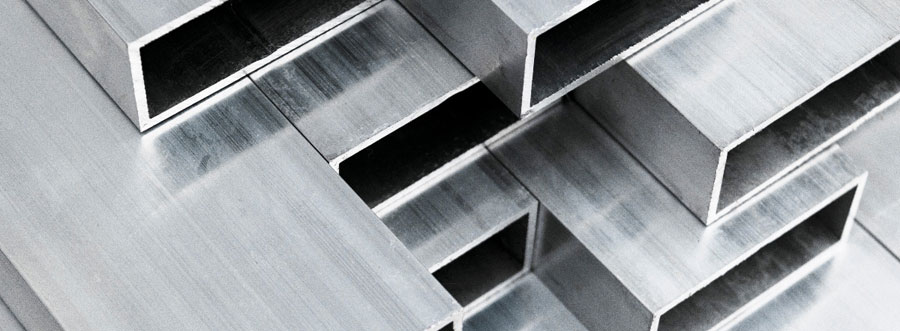
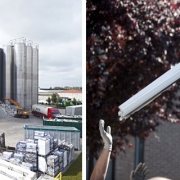
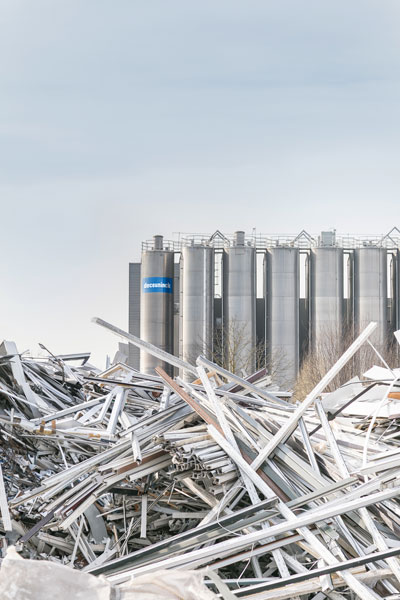 Deceuninck’s main suite of energy efficient window and door profiles can include up to 50% recycled material. This is manufactured using leading edge co-extrusion technologies, which isolate recycled content in areas away from the surface of the product, guaranteeing finish and performance.
Deceuninck’s main suite of energy efficient window and door profiles can include up to 50% recycled material. This is manufactured using leading edge co-extrusion technologies, which isolate recycled content in areas away from the surface of the product, guaranteeing finish and performance.


